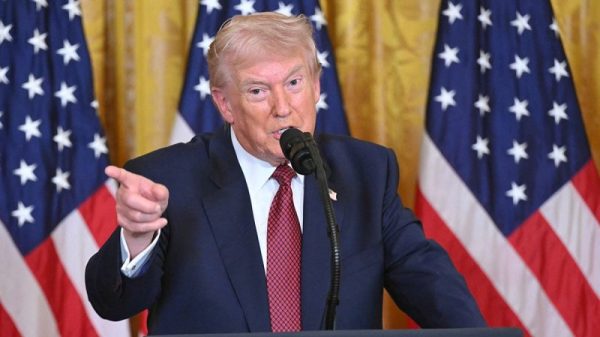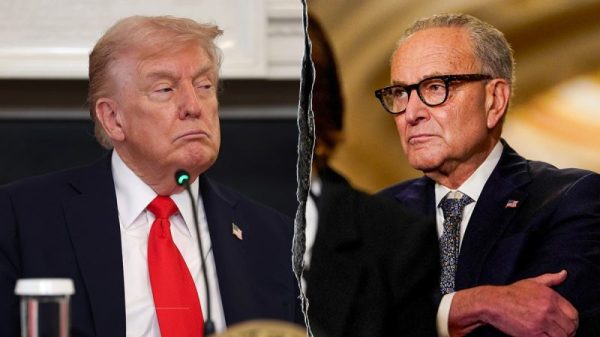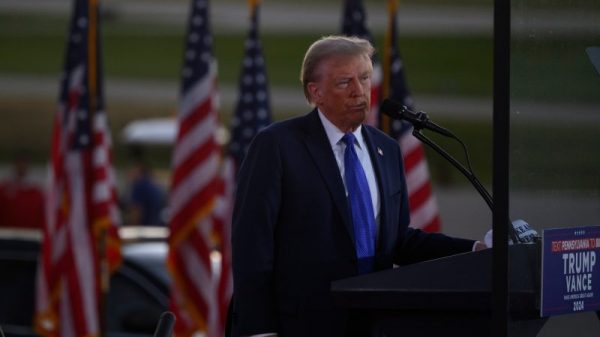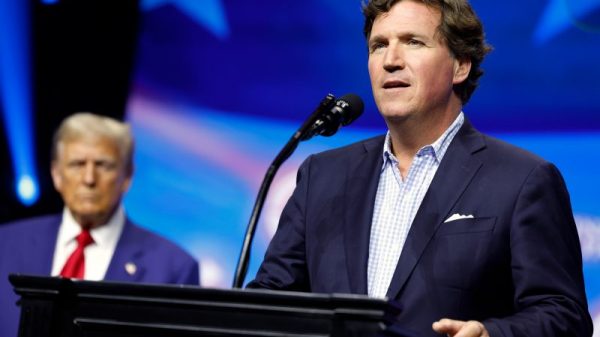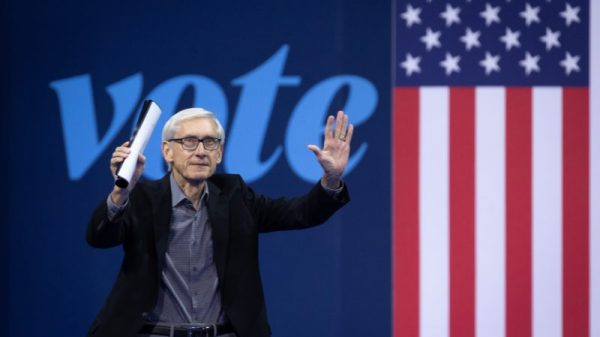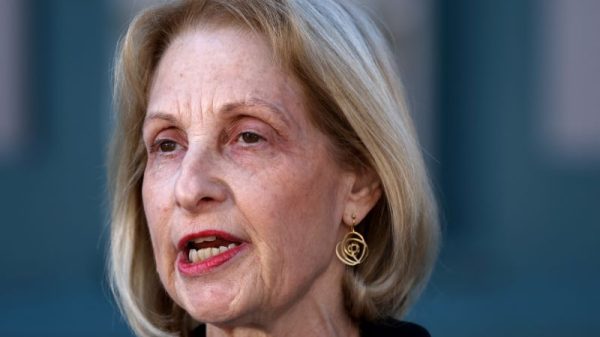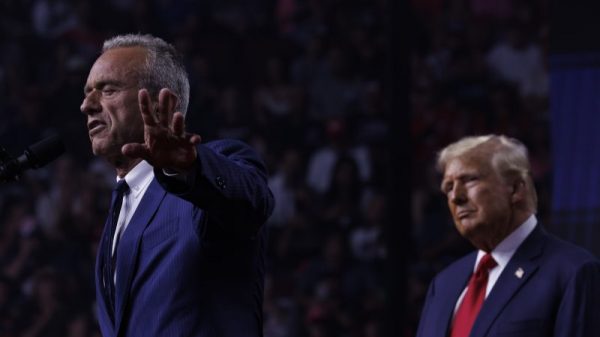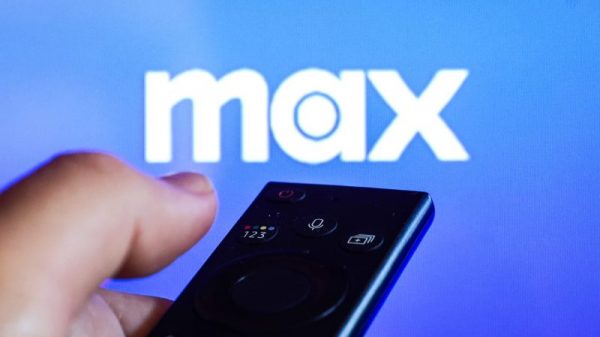Democrats have, until recently, spent much of the 2024 election fretting. And high on the list of reasons was the presence of third-party candidates like Robert F. Kennedy Jr. who they feared would pull more votes from their side.
Today, Vice President Kamala Harris hasn’t just risen in the polls; she has shifted that third-party dynamic. She now does better when you include other candidates.
And there’s increasing evidence that independent candidate Kennedy, in particular — a candidate once elevated by Donald Trump’s allies when he was challenging President Joe Biden in the Democratic primaries — is pulling significantly more votes from Trump than Harris.
Since the Democratic ticket turned over from Biden to Harris last month, a half-dozen quality polls have tested both a Trump-Harris matchup and a crowded race that included independent and third-party candidates. In all of them, Harris performed better in the crowded race.
She led by an average of 1.5 points in those head-to-head matchups, and 3.3 points in the crowded fields.
Just about all of those numbers are within the margin of error, and the shifts are small. But given this is now a half-dozen polls, and that these shifts are among the voters in the same poll, it’s safe to say third-party candidates are now hurting Trump more.
This is also a change from the way third-party candidates affected the race in prior versions of these same polls. The third-party impact as a whole was more evenly distributed than a lot of people appreciated, and Kennedy looked like he was at least threatening to take more from Trump than Biden. But Biden gained ground in only one of the same six polls with the crowded field.
And when you dig into the more recent polls, you begin to see how Kennedy in particular — the only other candidate generally polling higher than 1 percent — is now evidently hurting Trump.
A new Marquette University Law School poll released Wednesday is Harris’s best high-quality poll yet. It shows her leading by six points (53 percent to 47 percent) among likely voters in a head-to-head matchup, and by eight points (50-42) when you include third-party candidates.
Kennedy takes just 3 percent of both Democrats and Republicans in the poll, while taking 13 percent of independents. But the independents he takes come at Trump’s expense: Kennedy wins 8 percent of Democratic-leaning independents, compared with 23 percent of Republican-leaning independents.
If you lump Democratic-leaning independents in with Democrats and Republican-leaning independents in with Republicans, Harris loses just five points from her base in a crowded field (dropping from 95 percent to 90 percent), while Trump loses eight points from his (dropping from 94 percent to 86 percent).
The story is similar in a New York Times/Siena College poll conducted shortly after Biden dropped out last month.
The race overall shifted from Trump up one (48-47) in a head-to-head matchup to Harris up one (44-43) in a crowded field. And again, Kennedy voters came more from Trump’s side.
When Kennedy supporters were asked to choose between Trump and Harris, 50 percent chose Trump, while just 21 percent chose Harris. (The other 29 percent either said they didn’t know or refused to answer.)
That’s a shift from the Times/Siena poll in late June and early July, when about as many Kennedy voters came from Trump’s side (40 percent) as Biden’s (38 percent).
Those numbers get at the caveat for Harris in these polls. One way to look at them is that these voters are coming at Trump’s expense and could hurt him in November; another is that they are more predisposed toward him if and when they decide to vote for one of the two major-party candidates — probably bringing the race closer to the head-to-head numbers.
And that’s what generally happens as an election progresses. We’ve already seen the share of third-party voters shrink significantly; Kennedy was polling in the double digits for much of the race, and he’s now averaging about 5 percent. The other candidates — Libertarian Chase Oliver, Green Party candidate Jill Stein and independent Cornel West — usually pull 1 percent or less.
But small margins do matter; the last two elections were decided by a point or less in the decisive states. And however large the ultimate impact, you’d rather have these candidates pulling voters from your opponent than you. That appears to be what’s happening right now for Harris.
The initial elevation of Kennedy’s campaign on the right — including by Trump ally Stephen K. Bannon and House Republicans at a hearing last year — is now looking even more like a real potential blunder.














